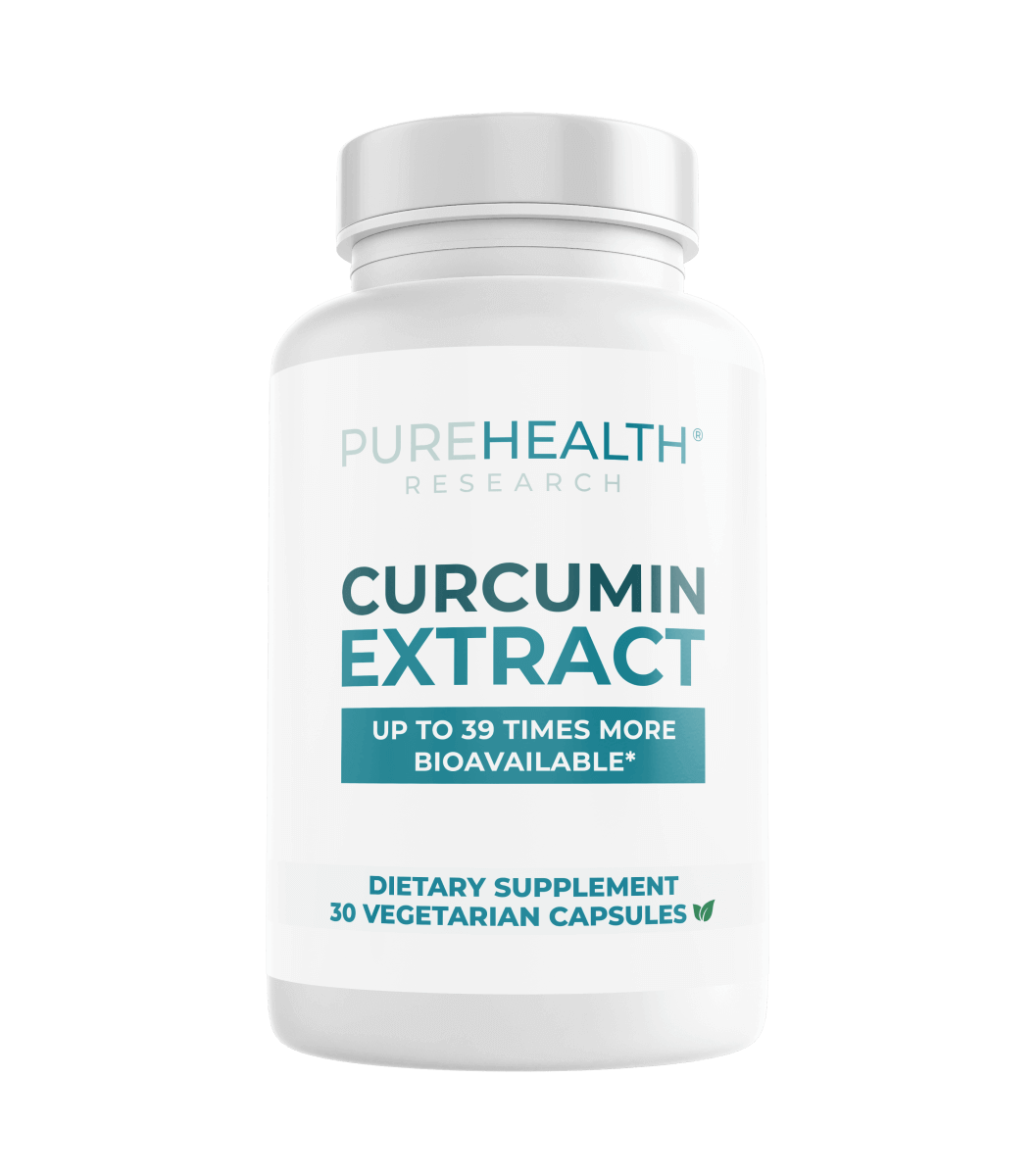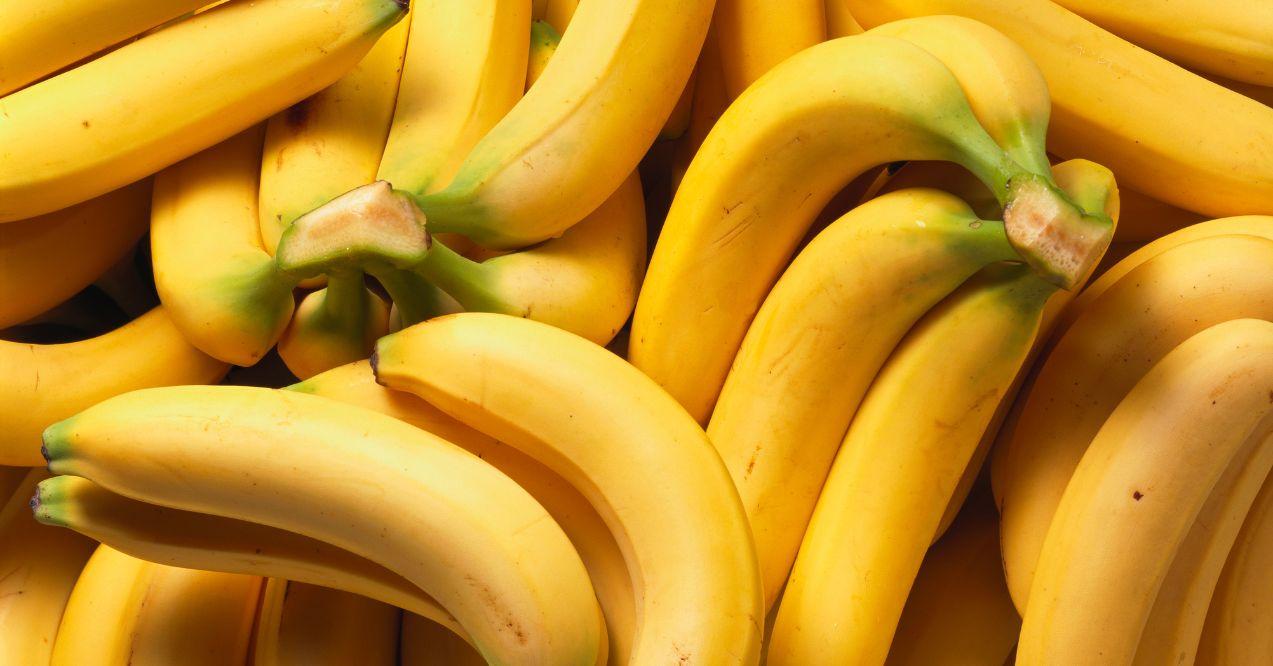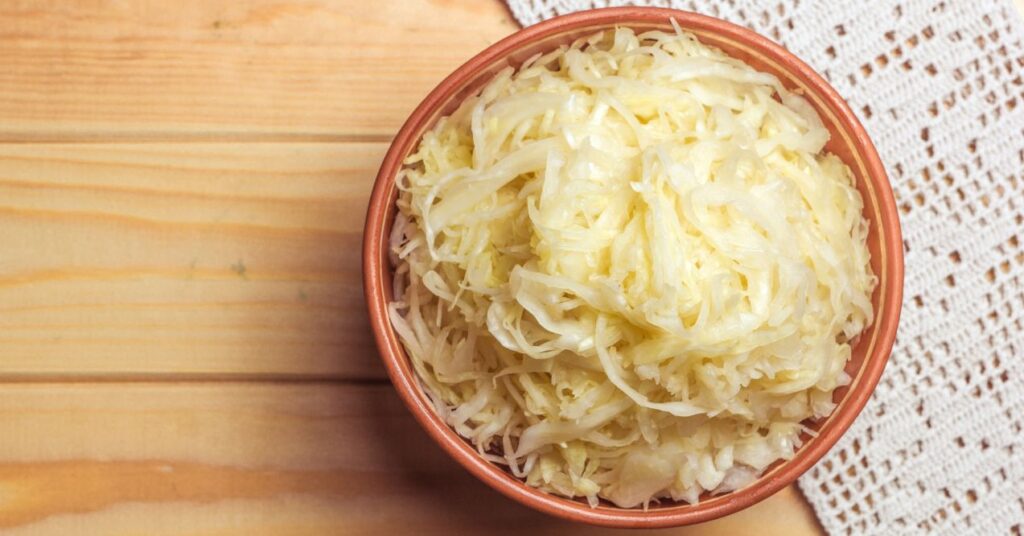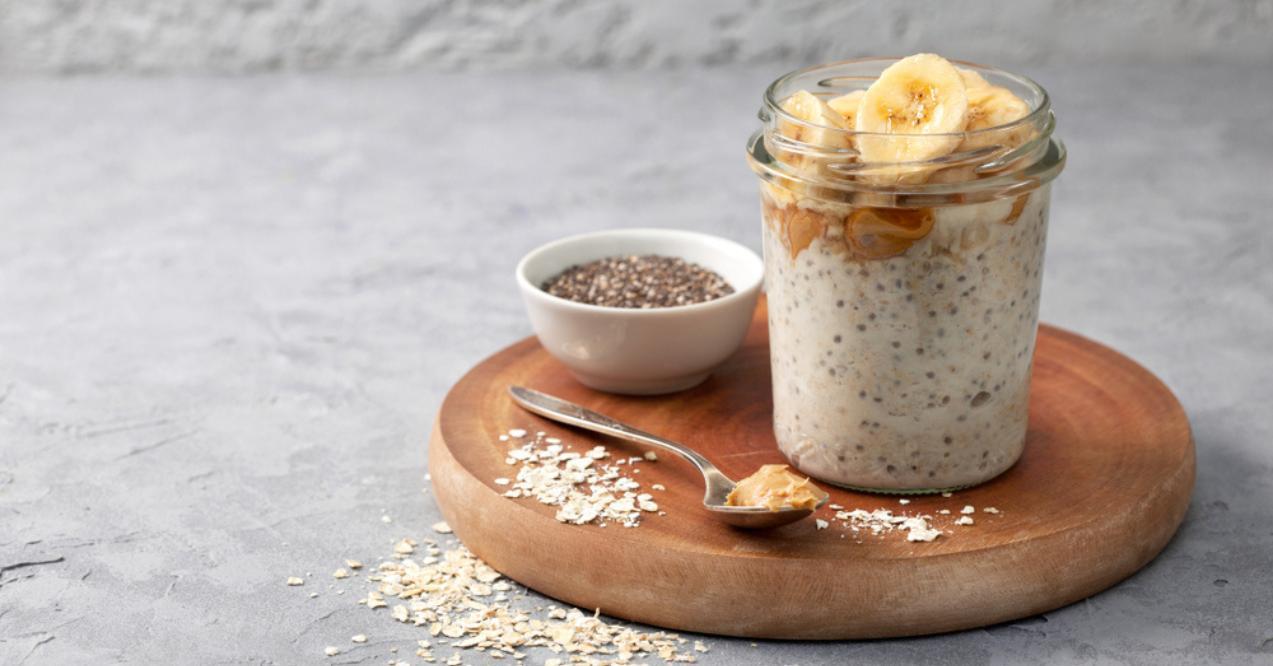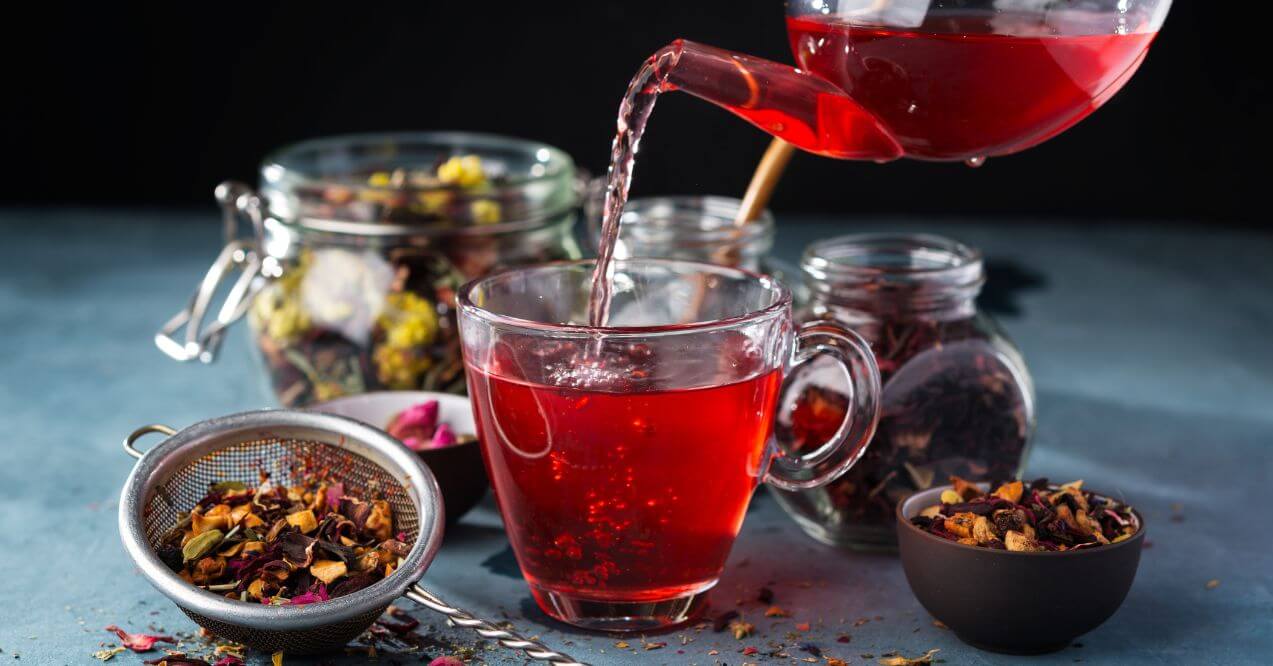Curcumin vs Cumin – What Is the Difference?
Medically reviewed by our experts


Curious about whether curcumin vs cumin reigns supreme? Both spices hold significant places in culinary and medicinal history, offering unique flavors and health benefits. Here’s a closer look at each.
Cumin, with its tiny, aromatic seeds, brings warmth, earthiness, and a hint of citrus to dishes. It’s not just a staple in cooking; its seeds, after drying, enrich foods with their savory depth and vibrant hue.
Curcumin, on the other hand, is a compound extracted from the turmeric root, celebrated for its potential therapeutic effects. It’s widely used in supplement form, credited with the ability to support a myriad of health concerns thanks to its anti-inflammatory and antioxidant properties.
Deciding which is “best” depends on your needs. While cumin seeds directly season and color recipes, curcumin offers a more targeted approach to wellness, often consumed as one of the best supplements for cleanse and detox, as well as its health-promoting impacts. Each has its own role to play in both kitchen and health regimen, making them indispensable in their own rights.
In this article you can expect us to dive deeper into the differences between curcumin vs cumin, as well as some benefits and consumption practices.
What Is Curcumin?
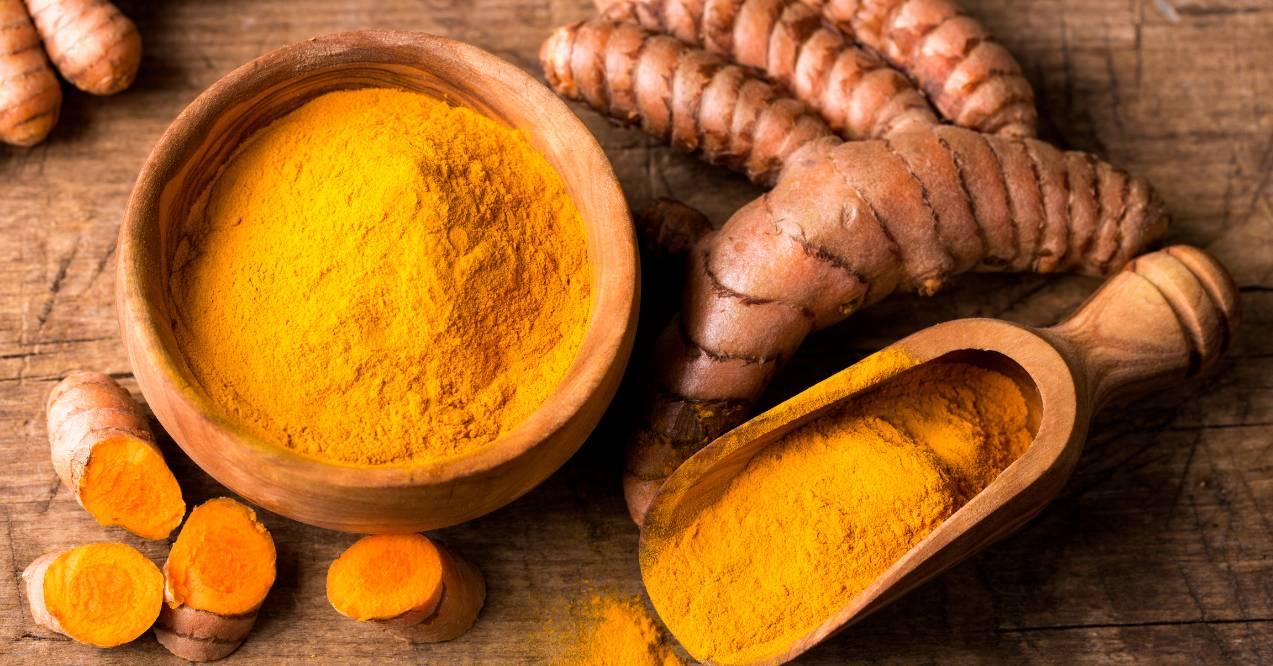
Curcumin is the key active ingredient in turmeric, celebrated in Ayurvedic medicine for its health benefits. This polyphenolic compound, extracted from turmeric roots, is noted for its antimicrobial, anti-inflammatory, and antioxidant properties.
Traditionally, yellow turmeric adds color and flavor to Asian dishes, especially curries and rice. Yet, curcumin found in yellow turmeric is valued not just for its culinary uses but also for its potential in boosting health. Research suggests it may have beneficial effects on heart health, circulating sugar, weight, and neurological conditions.
Curious to also understand what is white turmeric, or zedoary too? It’s a distinct variety with larger, pale-white roots, known for its spicy, bitter taste. White turmeric also contains curcumin, although in smaller amounts compared to yellow turmeric. It’s used historically for its respiratory, anti-inflammatory, skin, and digestive benefits.
Both forms of turmeric, each with its unique bioactive components, play significant roles in both cuisine and traditional medicine, highlighting the versatility and therapeutic potential of these ancient spices.
What Is Cumin?
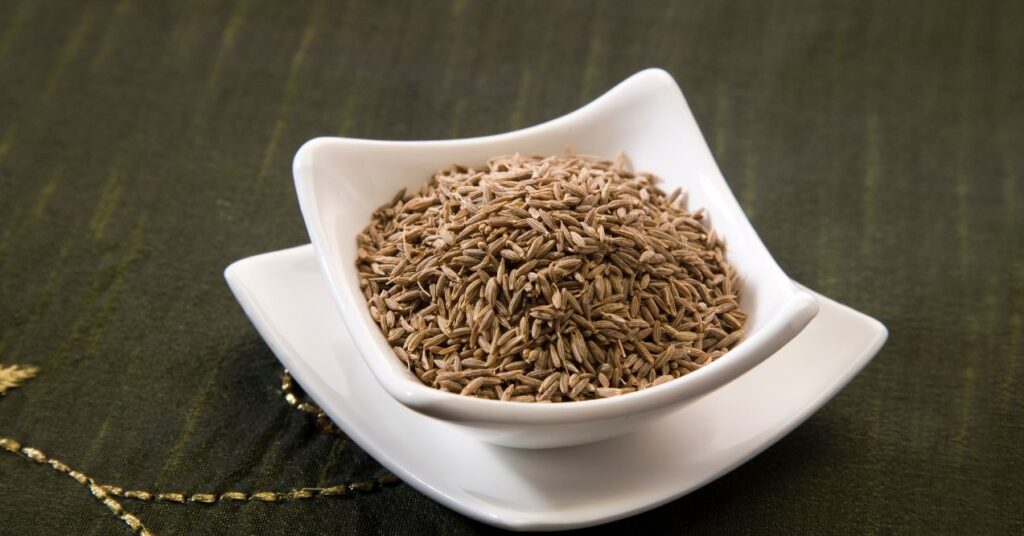
Cumin, a key spice from the Cuminum cyminum plant, is a culinary favorite worldwide, beloved for its unique, earthy taste that enhances a variety of dishes across many cuisines. It’s not just its flavor that makes it special; cumin is also recognized for potential health benefits, particularly its antioxidant properties that could support heart health and more.
While it’s rich in vitamins and minerals, cumin requires more research to fully understand its effects. Though it’s wise to talk with a healthcare provider before using it for health purposes.
Curcumin vs Cumin
Curcumin vs cumin, while often confused due to their similar names, have distinct differences and applications in both cooking and health. Here’s a breakdown of their key differences:
- Botanical Origins. Curcumin is derived from turmeric, a rhizome of the ginger family known for its vibrant yellow color. Cumin, on the other hand, comes from the seeds of the Cuminum cyminum plant, a member of the parsley family, and is used as a spice for its distinctive flavor.
- Color. Curcumin imparts a bright yellow color to dishes, making it a popular choice for adding vibrancy to recipes like curries. Cumin, with its brownish hue, contributes a warm color and is a staple in spice blends across various cuisines.
- Flavor Profiles. Cumin is celebrated for its warm, earthy, and slightly bitter flavor, making it a favorite in Indian, Mexican, and Middle Eastern dishes. Curcumin, while not typically used on its own for flavor, contributes to the overall taste profile of turmeric, offering an earthy and slightly bitter taste.
- Health Benefits. Curcumin is renowned for its anti-inflammatory and antioxidant properties, playing a significant role in combating oxidative stress and potentially defending against chronic illnesses. Cumin is recognized for its nutritional value, including antioxidants, and has been shown to improve digestion and support circulating sugar regulation. Additionally, cumin possesses antibacterial properties, supporting overall health.
- Usage. While both are used in cooking, curcumin is specifically sought after for its health benefits, often consumed in supplement form. Cumin, versatile in its application, is a key ingredient in various culinary traditions, enhancing dishes with its unique flavor.
3 Benefits of Curcumin
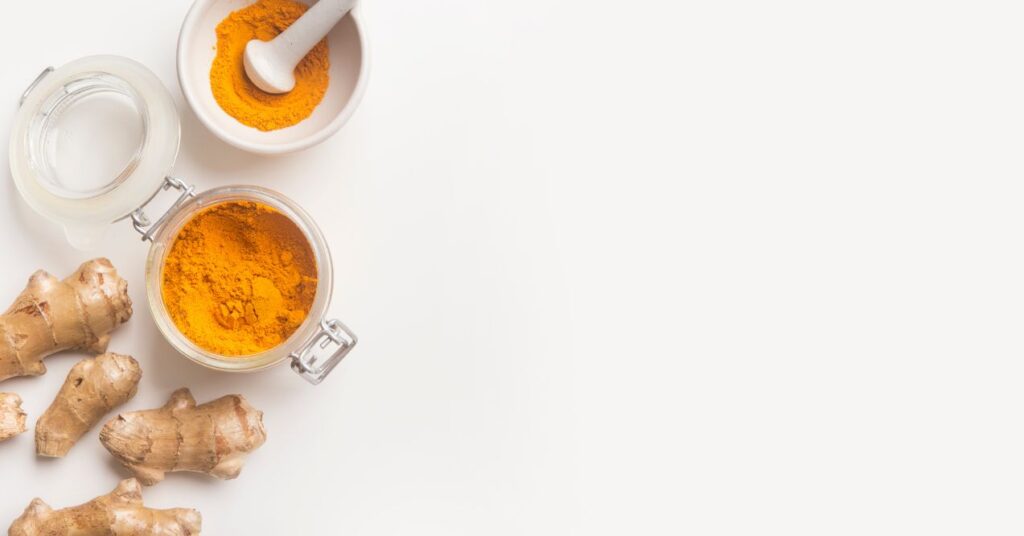
Curcumin has been a spice of profound scientific study due to its likelihood of enhancing overall well-being. Below are some of the major conditions where curcumin may be valuable:
1. Curcumin Improves Mood
Studies recommend that curcumin may be beneficial in alleviating mood disorder symptoms. Its possible brain action mechanisms encompass facilitating new cell formation in the brain, reducing pro-inflammatory overactivity, and optimizing neurotransmitter levels. These might greatly ease depression due to curcumins’ potential antidepressant influences.
2. Anti-Inflammatory
Curcumin obstructs the formation of pro-inflammatory molecules like cytokines, alleviating associated symptoms. Research shows that curcumin can aid in regulating the body’s inflammatory response, reducing discomforts arising from pro-inflammatory conditions.
3. Curcumin Can Promote Skin Health
Curcumin’s potential to reduce pro-inflammatory processes and its antioxidant properties make it a dynamic ingredient in skincare products. It can enhance skin health and alleviate skin irritations by supporting the skin’s normal defenses against ecological stressors.
3 Benefits of Cumin
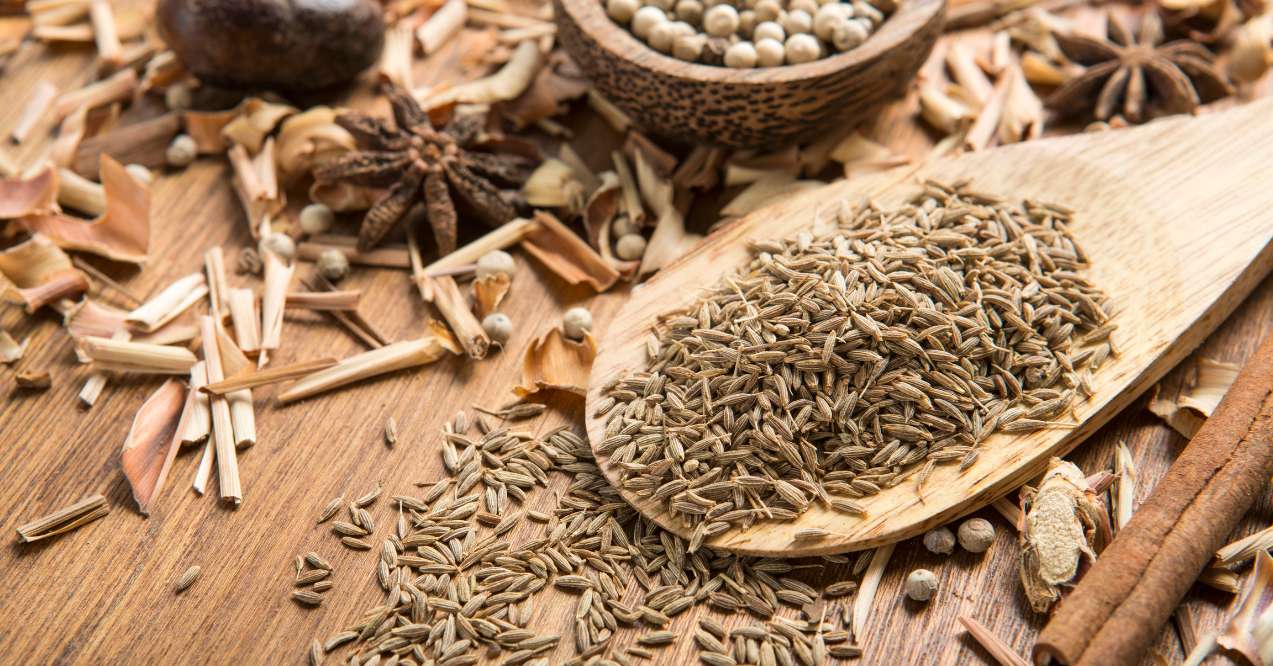
Despite cumin getting less scientific curiosity than curcumin, this adaptable ingredient has been for centuries esteemed for its positive health impacts. Below are some significant conditions where cumin may be helpful.
1. Promotes Digestion
Cumin spice aids in optimizing gut function and stimulating enzyme formation, improving the digestion process. Its potential to facilitate digestive health makes it helpful in many culinary preparations.
2. Rich Source of Iron
Curcumin is iron-abundant, crucial for various bodily operations like energy production and oxygen transportation. Including its spice blend into foods can help people with iron deficiency vulnerability.
3. Anti-Parasites
Cumin’s bioactive elements impede parasite viability and development, contributing to its traditional use in reducing parasitic impurities and infestations. It has a positive influence as a natural anti-parasitic agent.
How to Use These Spices in Cooking?
Including cumin and curcumin in your foods can be an enjoyable journey of potential wellness aids and flavor exploration. Below are some practical guidelines for utilizing these ingredients in your kitchen.
Curcumin in Cooking
- Add a turmeric pinch possessing curcumin to curries, stews, and soups for an earthy flavor and vibrant color.
- Include curcumin in a turmeric latte, golden milk, or smoothies for a flavorful and nutritious beverage.
- Experiment with curcumin-based marinades for tofu, vegetables, or meats for a distinctive taste revolution.
Cumin in Cooking
- Sprinkle the spice on roasted meat or vegetable dishes for a warm, earthy flavor and aroma.
- Complement a cumin dash with Mexican-inspired dishes, tacos, or chili for an authentic taste.
- Add cumin to home-based spice combinations like taco seasoning mixes or curry powders.
The key to exploiting these blends’ full potential lies in cooking creativity and experimentation. Explore beyond conventional recipes and target new flavor blends that boost your general well-being while enlightening your taste buds.
Why Should I Consider Curcumin Supplements?
Despite chefs providing curcumin through turmeric dietary sources, superior curcumin extract supplementations may offer additional health aids.
Below are significant potential aids you can experience by including this supplement in your culinary practices:
- Improved digestion
- Support systolic numbers
- Reduced discomfort for overworked joints and muscles
- Enhanced support for long-term brain function
- Balanced mood and reduced anxiousness
- Promote cardiovascular health
- Improve stress resilience
Conclusion
In conclusion, while curcumin and cumin may sound similar, they serve distinct roles in both culinary and medicinal contexts. Curcumin, derived from turmeric, is celebrated for its potent anti-inflammatory and antioxidant properties, often consumed as a supplement for health benefits. Cumin, on the other hand, is a versatile spice known for its warm, earthy flavor and potential digestive benefits. Both ingredients offer unique advantages, making them valuable additions to a healthy diet and lifestyle.
Cumin and curcumin are two dissimilar spices with diverse elements and botanical foundations. Curcumin contains plant-based elements from turmeric, while cumin is an ingredient blend mined from the dry seeds of the Cuminum cyminum plant.
Both cumin and turmeric provide valuable aids for well-being. Turmeric curcumin possesses potential anti-inflammatory and antioxidant components, while cumin has an excellent history for its nutritional and digestive support. The choice between these spices depends on the individual’s dietary preferences and wellness aims.
The elements existing in cumin seeds have antimicrobial and anti-inflammatory actions. Those experiencing swelling or discomforts that trigger other ailments can include this spice in their foods to alleviate those symptoms.
Popular Articles
Advertisement. This site offers health, wellness, fitness and nutritional information and is designed for educational purposes only. You should not rely on this information as a substitute for, nor does it replace, professional medical advice, diagnosis, or treatment. If you have any concerns or questions about your health, you should always consult with a physician or other health-care professional. Do not disregard, avoid or delay obtaining medical or health related advice from your health-care professional because of something you may have read on this site. The use of any information provided on this site is solely at your own risk.
